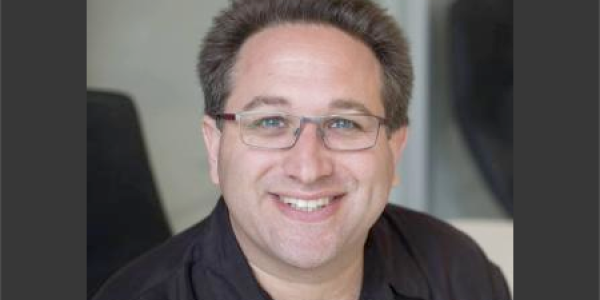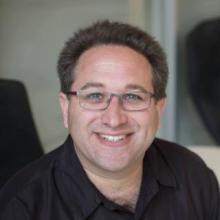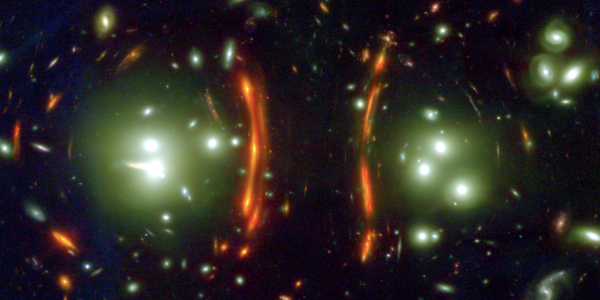
SLAC Colloquium | Quantum Computational Supremacy and Its Applications
Scott Aaronson, UT Austin
Last fall, a team at Google announced the first-ever demonstration of "quantum computational supremacy"---that is, a clear quantum speedup over a classical computer for some task---using a 53-qubit programmable superconducting chip called Sycamore. In addition to engineering, their accomplishment built on a decade of research in quantum complexity theory. This talk will discuss questions like: what exactly was the contrived computational problem that Google solved? How does one verify the outputs using a classical computer? And how confident are we that the problem is indeed classically hard---especially in light of subsequent counterclaims by IBM? I'll end with a proposed application for these sampling-based quantum supremacy experiments---namely, the generation of certified random bits, for use (for example) in proof-of-stake cryptocurrencies---that I've been developing and that Google is now working to demonstrate.
About Scott Aaronson

Scott Aaronson is David J. Bruton Centennial Professor of Computer Science at the University of Texas at Austin. He received his bachelor's from Cornell University and his PhD from UC Berkeley. Before coming to UT Austin, he spent nine years as a professor in Electrical Engineering and Computer Science at MIT. Aaronson's research in theoretical computer science has focused mainly on the capabilities and limits of quantum computers. His first book, Quantum Computing Since Democritus, was published in 2013 by Cambridge University Press. He received the National Science Foundation’s Alan T. Waterman Award, the United States PECASE Award, the Vannevar Bush Fellowship, and the Tomassoni-Chisesi Prize in Physics.
Audience: Public


